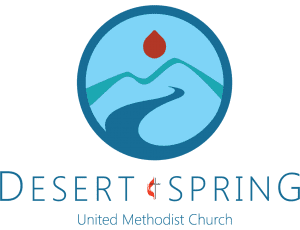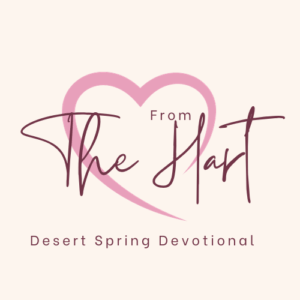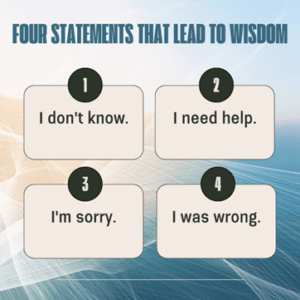“From the Hart” Devotional for Feb. 8, 2024
“Four Statements that Lead to Wisdom”
by Julie Hart, Director of Connectional Ministries
Who is wise and understanding among you? Let them show it by their good life, by deeds done in the humility that comes from wisdom.
James 3:13
I recently came across these four statements that lead to wisdom, in a quote by author, Louise Penny. They are “I don’t know. I need help. I’m sorry. I was wrong.” These four 3-word phrases seem simple, so why can they be so hard for us to say sometimes? Let’s break it down:
I don’t know.
When my kids were young, their curious minds were so full of questions. “What makes it rain? Where does milk come, what does the frog say?” I could answer every one of their questions!! Well, until they hit about the age of four or five. Then the questions got a little harder… “How big is the moon? Why are there only 29 days in February sometimes? How many people live on earth? What cartoons do kids watch in Japan?” From then on, the answer to most of their questions were “Hmmm…I don’t know. Let’s look it up.” Shout out to all the moms and dads out there who raised kids before Google! In James 4:10, we read “Humble yourself before the Lord, and he will lift you up.” Humility is a good thing. Humility is admitting that we are human. And it’s ok to admit that to our kids. It’s even ok to admit it to our friends, co-workers, classmates. Saying “I don’t know” is a much better than giving someone the wrong information.
I need help.
We are called to serve and eager to help others. It feels good to bless others doesn’t it? It feels good to “save the day” when someone is in crisis. And it’s a good and right thing to do. God is counting on us. Most of us will jump at the chance to help a friend in need. But not so many of us are quick to ask for a helping hand. In Galatians 6:2 we are told to “Bear one another’s burdens, and so fulfill the law of Christ.” When we take a helping hand from a brother or sister in Christ, we are giving them a chance to share the love of Jesus in the world. Allowing them to bless us is also a blessing to them.
I am sorry.
We were taught to say “I’m sorry” at an early age. I watch parents at the park when their child takes a toy from another child or knocks another child down accidentally. The parents often jump up, run over, and tell them “Now say you’re sorry!” Most of the times, the child says “sorry” and goes back to their playing. I’m not so sure that most kids really grasp what “I’m sorry” means, but they do understand that they can’t go down the slide again until they say it. In Matthew 5:9 we read “Blessed are the peacemakers, for they shall be called sons of God.” Saying “I’m sorry” (and meaning it) is often the first step to bringing about peace.
I was wrong.
Okay. I saved the hardest one for last. It comes from the same posture of humility that “I don’t know” comes from. It comes from admitting that we are not perfect. It’s just so much easier to see when someone else is wrong isn’t it? Pastor David preached on the question in Matthew 7:3 on Sunday. Do you remember the question? It was “Why do you look at the speck of sawdust in your brother’s eye and pay no attention to the plank in your own eye?” What was Jesus asking here? I think he is asking us to take a look at our own flaws and sins. Maybe once we are able to admit (even just to ourselves) that we sometimes get it wrong we are able to have a little more grace with others when they miss the mark. And do you know what I have noticed? I have noticed that people have a lot more grace with me when I admit that I blew it.
Prayer:
Lord God,
I know that I don’t get it right. And that often I don’t even know what “right” looks like. Please continue to give me opportunities to accept and celebrate my humanness and need for your love and grace to grow to be more like you.
Amen.





